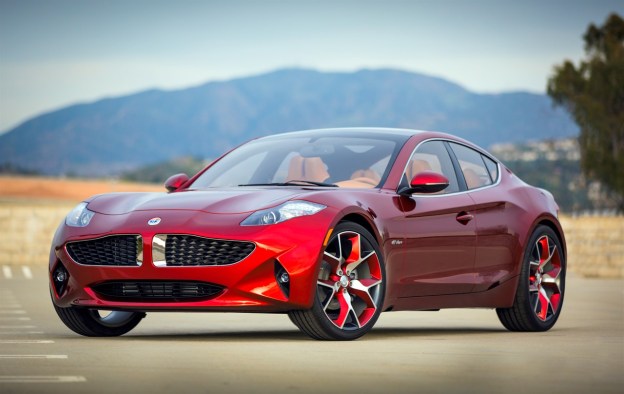
Things are getting grim for plug-in hybrid automaker Fisker Automotive as news surfaces this week that China’s Zhejiang Geely Holding Group has withdrawn its bid to purchase the failing automaker.
Last week, co-founder Henrik Fisker resigned his position as executive chairman last week over what he said were disagreements with the company’s business strategy.
Geely, the company that owns the Swedish automaker Volvo, has officially backed out of the bidding process, leaving only one bidder remaining: Dongfeng Motor Group Co.
Unnamed sources speaking with Automotive News says Geely has backed out not because of Henrik Fisker’s resignation but instead due to concerns over the complicated Department of Energy loans that Fisker Automotive had received in 2009.
According to sources, Geely was primarily interested in the Fisker deal in order to obtain the Fisker Automotive production plant in Deleware, which was formerly owned by General Motors. Geely had hoped to build Volvo cars at the plant for the U.S. market.
Whether Dongfeng becomes the de facto winner is unclear as the DOE still needs to approve the deal, according to the conditions of the $529-million Fisker federal loan agreement.
Regardless of how the deal with Dongfeng plays out, it’s becoming clear that Fisker may not weather the storm intact. If Geely had planned to repurpose Fisker holdings for its own uses, chances are good Dongfeng has similar aspirations.
Fisker hasn’t built a car since July 2012 and its mid-size plug-in hybrid BMW 3 Series competitor, the Atlantic, will probably never see production. But stranger things have happened.
- Related reading: The past – and possible futures – of Fisker and Tesla
Editors' Recommendations
- Nissan teams up with EVgo to provide free charging of Leaf vehicles in U.S.
- Fisker wants to make sure Tesla’s Model Y isn’t in a class of one when it lands


